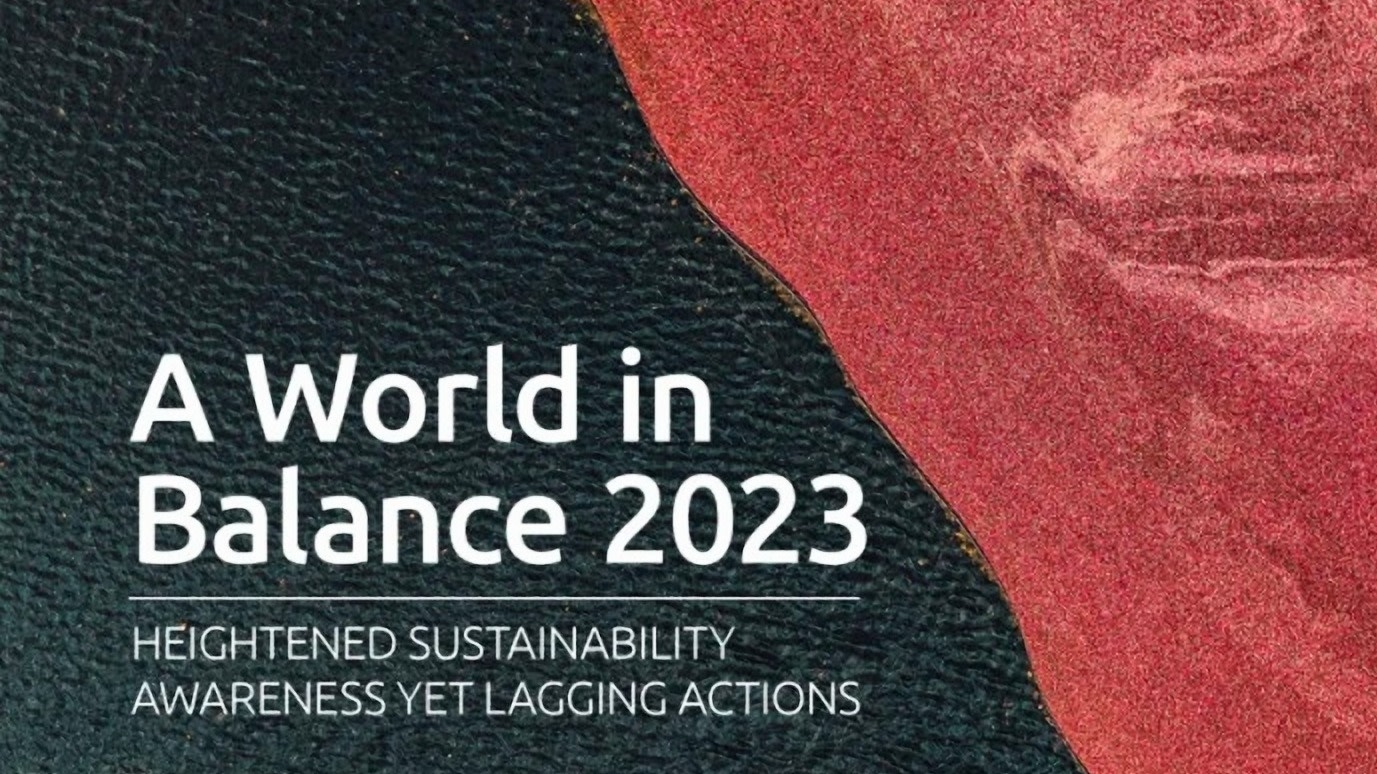24% of Organisations Lack Biodiversity Strategy
Capgemini SE

Despite approximately 90% of executives acknowledging the critical importance of biodiversity for our planet, safeguarding it remains a low priority on the corporate agenda.
The latest report from the Capgemini Research Institute, titled "Preserving the Fabric of Life: Why Biodiversity Loss Is as Urgent as Climate Change," reveals that most organisations are currently placing more emphasis on addressing climate change rather than protecting biodiversity.
Shockingly, only 16% of organisations have conducted assessments of the impact of their supply chains on biodiversity, with a mere 20% doing the same for their operational activities.
While climate change and biodiversity loss are interconnected challenges, many organisations are presently channelling their immediate focus towards climate concerns. A significant majority of executives believe that biodiversity ranks lower in priority compared to climate change.
More than half of global executives feel that it is not the responsibility of private companies to actively address biodiversity issues but rather to comply with biodiversity regulations—this sentiment reaches as high as 78% in Italy and 75% in Japan.
Perceived urgency among global executives varies considerably. Nearly half (47%) of executives view biodiversity loss as a medium-term risk to their businesses, while 30% perceive it as a long-term risk that may materialise by 2050.
Surprisingly, just 17% consider it an immediate concern. This divergence in perception regarding the biodiversity crisis is influenced by regional factors. Ultimately, the report estimates that corporate investments in biodiversity preservation globally represent less than 5% of what is required from all stakeholders, both public and private, in the next decade to reverse the damage to our biodiversity ecosystem.
Despite increasing awareness of the catastrophic consequences of biodiversity loss and related ecosystem damage, only a quarter of organisations have established concrete biodiversity strategies.
Lagging are countries like Australia (15%), Germany (16%), Canada (17%), and Italy (18%). These strategies may encompass initiatives such as investments in circular practices, the development of science-based targets, or considering the impact of biodiversity on investment decisions.
Typically, more attention is given to land preservation or restoration projects compared to freshwater and ocean initiatives. Additionally, just 16% of organisations have conducted impact assessments of their supply chains on biodiversity, and a mere 20% have done the same for their operations.
While executives collectively acknowledge the importance of conserving biodiversity, 59% of those surveyed find that the intricacies associated with biodiversity pose significant challenges.
Unlike carbon emissions, which are easily quantifiable and measurable, biodiversity is more complex to assess in terms of quantification, observation, and, consequently, impact evaluation.
These complexities stem from the absence of globally standardised benchmarks for measuring and monitoring biodiversity impacts, ambiguities in goal-setting, and a scarcity of expertise in the biodiversity talent market.
Cyril Garcia, Group Head of Global Sustainability Services and Corporate Responsibility at Capgemini, emphasises the central role of biodiversity in business, stating, “Every business depends on biodiversity and ecosystems: whether it is direct inputs such as water or fibres, or 'ecosystem services' like water regulation or soil fertility, a thriving and functioning biosphere is critical to human well-being, wider sustainability goals, as well as economic growth and stability. However, many organisations underestimate their direct impact on biodiversity loss and their responsibility in protecting and restoring it."
Garcia advocates for proactive measures by businesses to address the issue, especially in light of impending mandatory regulations and the availability of solutions and frameworks, such as the Task Force on Nature-related Risks Disclosure and regenerative practices, that can aid in biodiversity protection.
Many organisations have already incorporated biodiversity considerations into their supply chains. Of the executives surveyed, 58% report that their organisations have updated their supplier code of conduct to include biodiversity considerations. Additionally, about half of these organisations are investing in deforestation-free supply chains and demanding sustainable forest management practices from their suppliers.
Circular economy practices have gained significant traction as an essential element in addressing the biodiversity crisis. Almost two-thirds of executives indicate that their organisations have implemented circular economy practices, such as recycling and reusing, while more than half of organisations are actively working to mitigate negative impacts on land and water.
The future of biodiversity conservation and restoration is heavily reliant on technology. Artificial intelligence (AI), blockchain technology, and sensors are poised to simplify the monitoring and tracking of diverse populations, including animals, birds, and plants.
AI and robotics can facilitate species tracking while minimising disruptions to surrounding biodiversity. Synthetic biology will also play a crucial role in tackling environmental threats, such as reducing chemical and plastic pollution.
A substantial majority of executives, nearly three-quarters, concur that digital technologies will be pivotal in their organisations' biodiversity efforts. Consequently, organisations are particularly investing in AI and machine learning (31%), followed by 3D printing (30%) and robotics (28%).
To access further information or download the complete report, please visit the link to the Capgemini Research Institute Report.
To view and compare company ESG Ratings and Sustainability Reports, visit our Company ESG Profiles page.
Source: Capgemini






